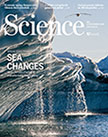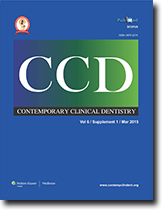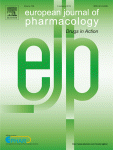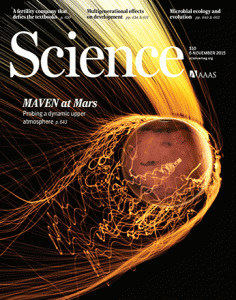
The Huffington Post has retracted two blog posts by prominent Yale nutritionist David Katz after learning he had posted incredibly favorable reviews of a new novel — and not revealed that he had written the novel himself, under a pseudonym.
There’s no doubt Katz is a prolific writer — in addition to a couple hundred scientific articles and textbook chapters, Katz regularly blogs for the Huffington Post. He’s also the author of a novel, reVision, under the pen name Samhu Iyyam. Last year, Katz wrote a pair of incredibly favorable reviews of reVision on The Huffington Post that implied he had discovered the novel as a reader. The Huffington Post has taken them down, as blogger Peter Heimlich — yes, related to the maneuver — reported earlier this week. According to Heimlich, a 5-star Amazon review of “Iyyam’s” book, written by Katz, has also been removed.
In the reviews, there’s no hint that Katz is the author. In the first column, “Do We Need to Kill Our Heroes?,” published in January, Katz notes he was “delighted to find just such reflections [on that question] in my new favorite book, reVision.” Here’s the retraction note, of sorts, that appears on Huff Po in the column’s place:
Continue reading Yale doc loses 2 HuffPo blog posts after secretly promoting his novel




 A
A  When two papers include the same images of rat hearts, one of those papers gets retracted.
When two papers include the same images of rat hearts, one of those papers gets retracted.
